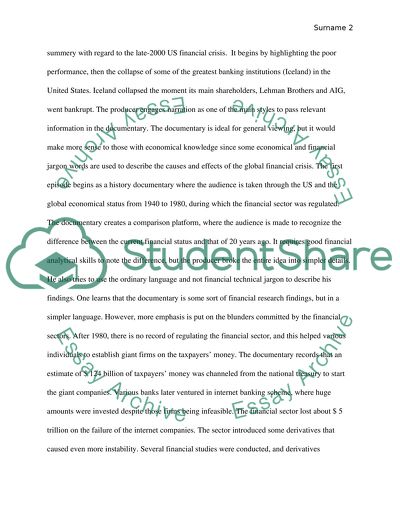Cite this document
(“The Inside Job Term Paper Example | Topics and Well Written Essays - 1000 words”, n.d.)
The Inside Job Term Paper Example | Topics and Well Written Essays - 1000 words. Retrieved from https://studentshare.org/philosophy/1482096-a-critical-analysis-of-inside-job-critically
The Inside Job Term Paper Example | Topics and Well Written Essays - 1000 words. Retrieved from https://studentshare.org/philosophy/1482096-a-critical-analysis-of-inside-job-critically
(The Inside Job Term Paper Example | Topics and Well Written Essays - 1000 Words)
The Inside Job Term Paper Example | Topics and Well Written Essays - 1000 Words. https://studentshare.org/philosophy/1482096-a-critical-analysis-of-inside-job-critically.
The Inside Job Term Paper Example | Topics and Well Written Essays - 1000 Words. https://studentshare.org/philosophy/1482096-a-critical-analysis-of-inside-job-critically.
“The Inside Job Term Paper Example | Topics and Well Written Essays - 1000 Words”, n.d. https://studentshare.org/philosophy/1482096-a-critical-analysis-of-inside-job-critically.


